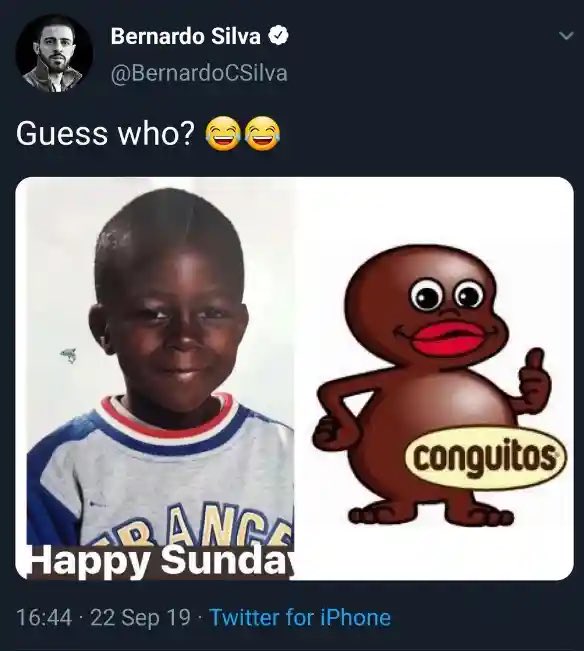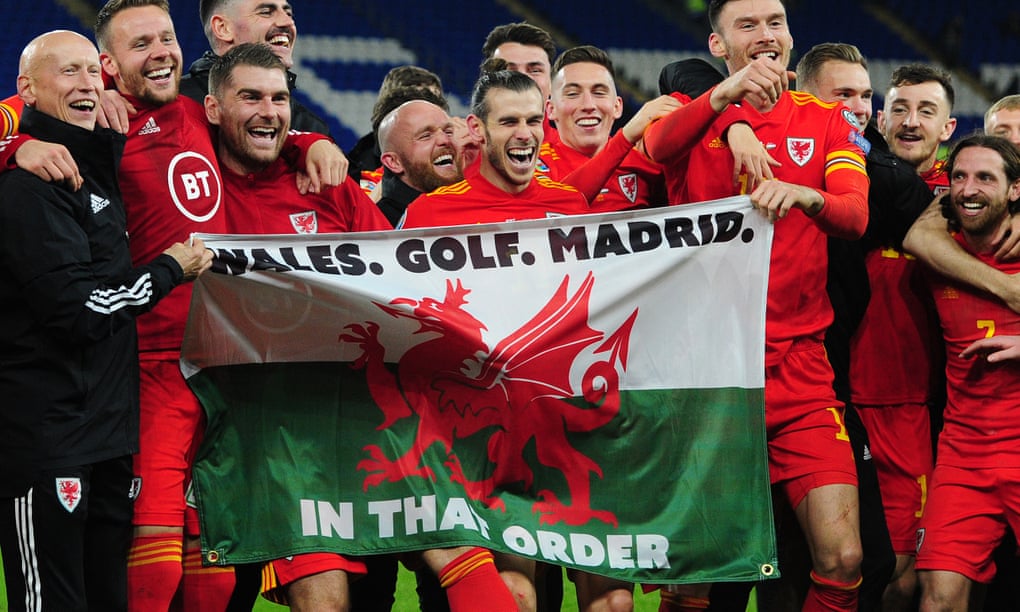One of the biggest stories in football yesterday was about Manchester United forward, Edinson Cavani. It wasn’t about his heroics that had helped his club grab a 3-2 win after falling behind by two goals away at Southampton on Sunday. It was on the negative side.
After his spectacular performance on Sunday, the 33-year-old Uruguayan had taken to Instagram to celebrate the win. In response to a congratulatory message by a follower Cavani had said “gracias negrito”. In Spanish, that means “thank you, little black man”.
In South America where Cavani comes from, the word, ‘negrito’ is largely considered a term of endearment. So it was very likely a harmless statement. But in England where Cavani currently plies his trade, especially with the FA which has become very resolute in its bid to stamp out every form of racism, it is a major offence.
The FA’s Rule E3 talks about social media posting and what makes a comment racist, regardless of the (harmless) intent of the commenter:
“If a comment is deemed to include a reference to a person’s ethnic origin, colour, race or nationality, then that will be regarded as a potentially aggravating factor in any punishment.”
And the England FA has been quite stringent in its enforcement of the anti-racism rules.
Last season, Manchester City’s ace, Bernado Silva was caught poking fun at his buddy and teammate, Benjamin Mendy on Twitter. The problem though was the comparison to a black over-bloated cartoon character on Spanish chocolate brand, Conguitos.


He was promptly banned for one match and slammed a hefty 50,000 Pound fine.
Edinson Cavani has since apologized and taken down the offending post. But just like Silva, this won’t likely save him from the hammer as the rule is clear that apologizing and taking down offensive posts does not necessarily prevent sanctions.
Cavani faces a minimum of 3 match ban as per the amended rules.
Social media is a source of trouble for many players
While it is understandable for players to have issues on the pitch and getting punished for them, it seems the social media is the beginning of other problems for most.
Earlier this year, Real Madrid winger (on loan to Tottenham) Gareth Bale tormented his club and its fans with several Instagram posts which suggested he cared more about golf than about them.


Just before the EPL returned from the Coronavirus break in June, Tottenham midfielder, Dele Alli was handed a one-match ban and a 50,000 pound fine after posting a video on Snapchat which appeared to mock an Asian man while joking about the virus.
While a number of players hire professional social media handlers to run their social communications, many do not. Indeed, Watford goalkeeper, Ben Forster broke it down when he said most young players are always in a hurry to engage on social media, even on match days.
“For probably the past four or five years, I’ve seen young lads where a game finishes, and good, bad or indifferent, they are checking Instagram, Twitter to see what’s gone on,” Foster told ESPN.
“That’s what it boils down to for some of these young kids coming through. That’s where a lot of work need to be done to be able to deal with that kind of stuff, with older players too. You are not naturally built to deal with it.”
It is so much of a problem that big club managers like Manchester City’s Pep Guardiola and Tottenham’s Jose Mourinho took actions that limit how much their players visit social media by banning public WiFi in certain areas of the club’s training houses.
Is social media becoming too official?
While we can’t deny the huge phenomenon that social media has become, one question that keeps popping up is, is social media becoming more official than social?
After been called out for his jape at his buddy, Bernado Silva deleted the offensive tweet. But not before he took one final swipe by twitting: “Can’t even joke with a friend these days….” While this earned him more flak, it nonetheless calls to question the officialness of a medium that is supposed to be social.
This is more so seeing as Mendy acknowledged the joke, twitting: “1-0 for you will see,” along with three smileys and an emoji with clapping hands.
It isn’t very different from the Cavani post in which he was clearly having fun with a fellow Latino in a very social atmosphere. There is no indication that the other party was offended by the remark which very likely indicates an affectionate interaction.
The officialness of social media has evidently come to stay. And there isn’t any dispute that it still remains very social.
Shouldn’t the possibility that a footballer, or anybody else for that matter, is merely socializing on what is primarily a social media, count for anything? Like, truly, can’t one joke with a friend these days?
Social media and mental health
There is a mental health dimension to this conversation. Players have been known to come under social media attack for things as nonsensical as the colour of their skin, or for something as inexplicable as to why they scored a winning goal.
Former Arsenal captain, Granit Xhaka incurred the wrath of fans after he clapped back at them for jeering and booing after he was substituted following a poor performance.
He’d later explain that some fans had abused and threatened himself, his wife and two daughters.
Granted, players also enjoy high praise and applause when they perform very well on the pitch, but as ESPN’s James Olley puts it, the balance between adulation and abuse is creating mental health problems.
Even big players like Paul Pogba, Marcus Rashford and Mario Balotelli have been subjected to online racial abuse.
In June, the Professional footballers Association called for governments to sanction social media companies like Twitter, Facebook etc that fail to deal with abuse of footballers on their platforms.
In April, several footballers launched the #Enough campaign in protest against abuse by boycotting social media for 24 hours.
In summary
With all these in mind, it probably would make a lot of sense for footballers to hire professional handlers for their social media.
Although the FA rules make it clear that the owners of social media accounts are responsible for any content posted from their accounts, whether by themselves or by a third party, there’s no doubt that professional handlers will better manage their communications while shielding them from abusive comments online.






